U.S. EV Sales Rise in 2025, but Tesla’s Dominance Slips
Electric vehicle (EV) sales are still climbing in the U.S., but it’s no longer Tesla leading the charge. In the first quarter of 2025, EV sales rose 11.4% year-over-year, according to Cox Automotive. Nearly 300,000 electric cars hit the road in Q1 — an encouraging sign for an industry facing ...
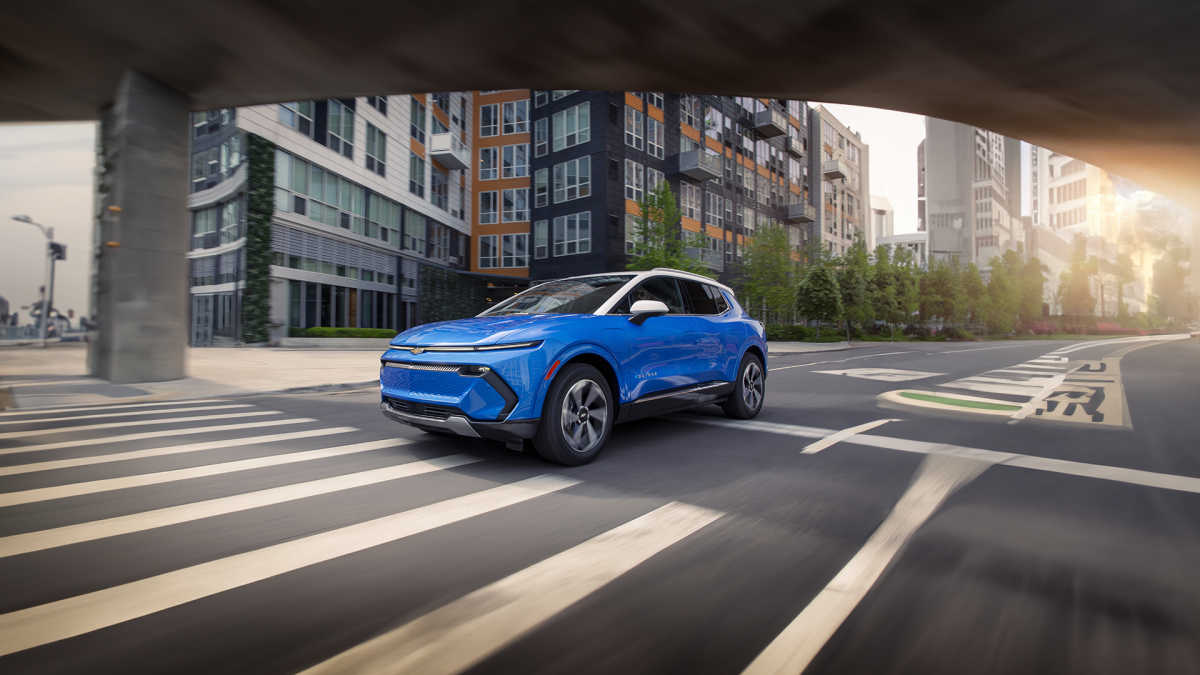
Tesla's slide leaves room for rivals
Electric vehicle (EV) sales are still climbing in the U.S., but it’s no longer Tesla leading the charge. In the first quarter of 2025, EV sales rose 11.4% year-over-year, according to Cox Automotive. Nearly 300,000 electric cars hit the road in Q1 — an encouraging sign for an industry facing questions about mainstream demand and policy uncertainty.
However, not all automakers shared in the gains. Tesla, long the poster child of the EV revolution, saw its U.S. sales tumble nearly 9%. Global deliveries dropped 13%, marking the company’s weakest quarter since 2021.
Cox analysts pointed to a stale product lineup as a contributing factor, but growing backlash to Elon Musk’s public persona certainly plays a role as well. Without new models or a clearer product strategy, the firm said, Tesla risks shrinking further in a market it once dominated.
Legacy brands step in
With Tesla faltering, other brands are stepping into the gap and finding eager buyers. Chevrolet more than doubled its EV sales thanks to the continually popular Blazer EV and Equinox EV, the latter offering over 300 miles of range at a relatively low price point. BMW posted a 26% gain, led by the i4 and iX. Even Toyota saw progress, tripling sales of its bZ4X SUV, albeit from a modest base.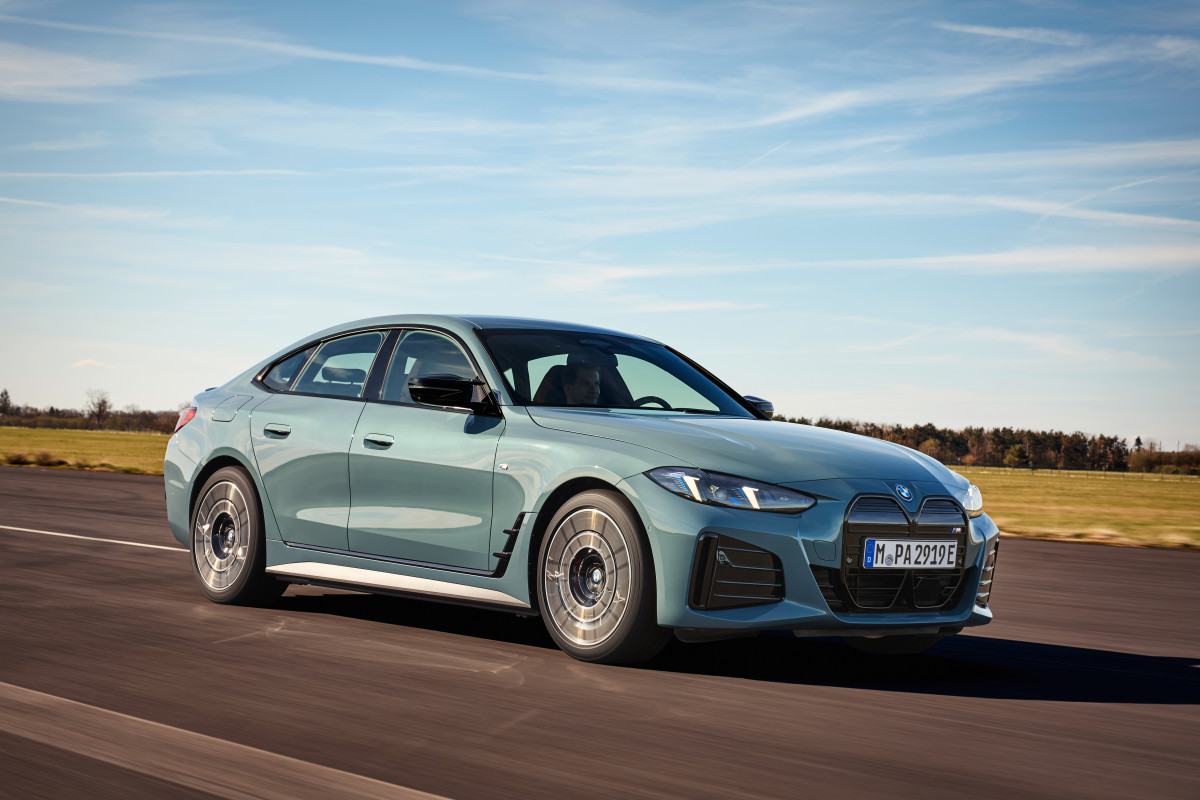
Ford remained a solid No. 2 in the EV race, selling over 22,000 electric vehicles in Q1. Cadillac and Honda also helped fuel growth, as did the arrival of several new models, such as the Honda Prologue, Acura ZDX, and Dodge Charger Daytona EV.
Not everyone is winning
That said, it wasn’t smooth sailing across the board. Mercedes-Benz saw EV sales collapse 58% amid waning interest in its EQ lineup. Rivian, one of the early EV startups, reported a 36% drop, citing supply disruptions and California wildfires. Rivian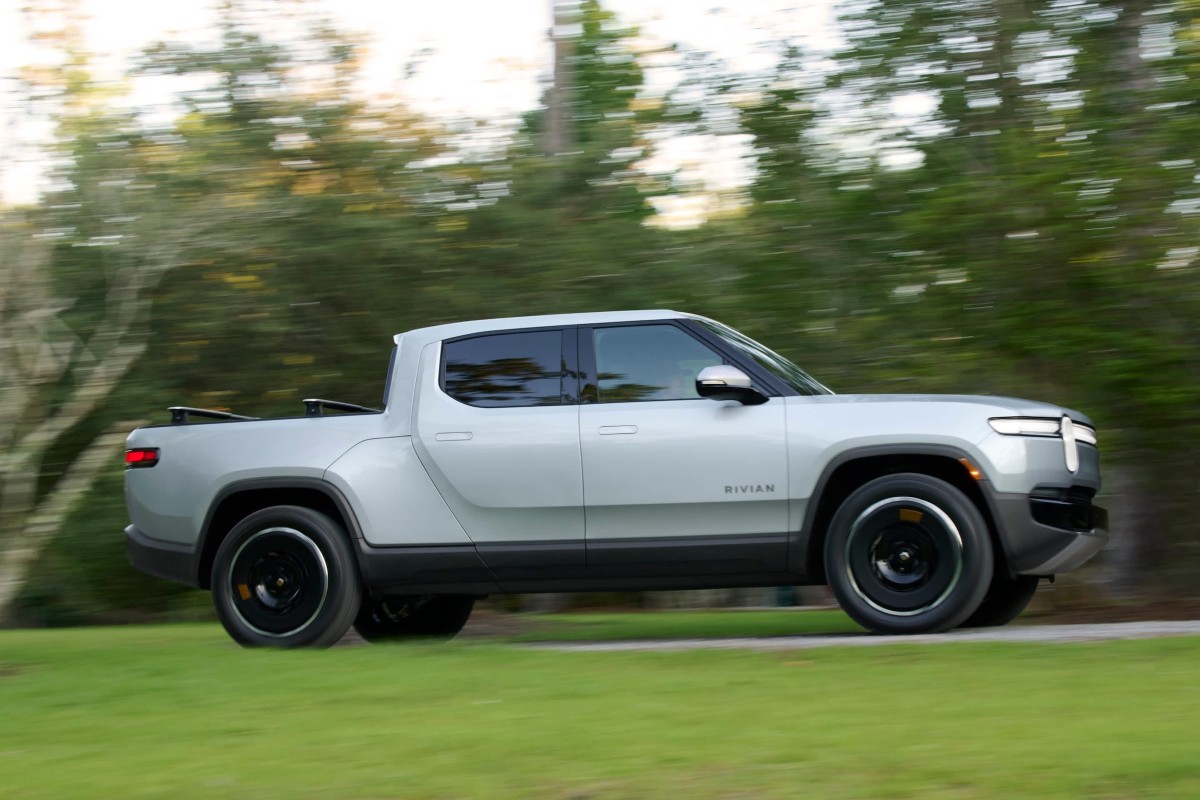
And while year-over-year growth looked solid, a closer comparison to late 2024 reveals a more complex picture. EV sales actually fell 19% from Q4 to Q1, and if you exclude all the new models that weren’t available last year, sales of existing EVs declined slightly.
Final thoughts
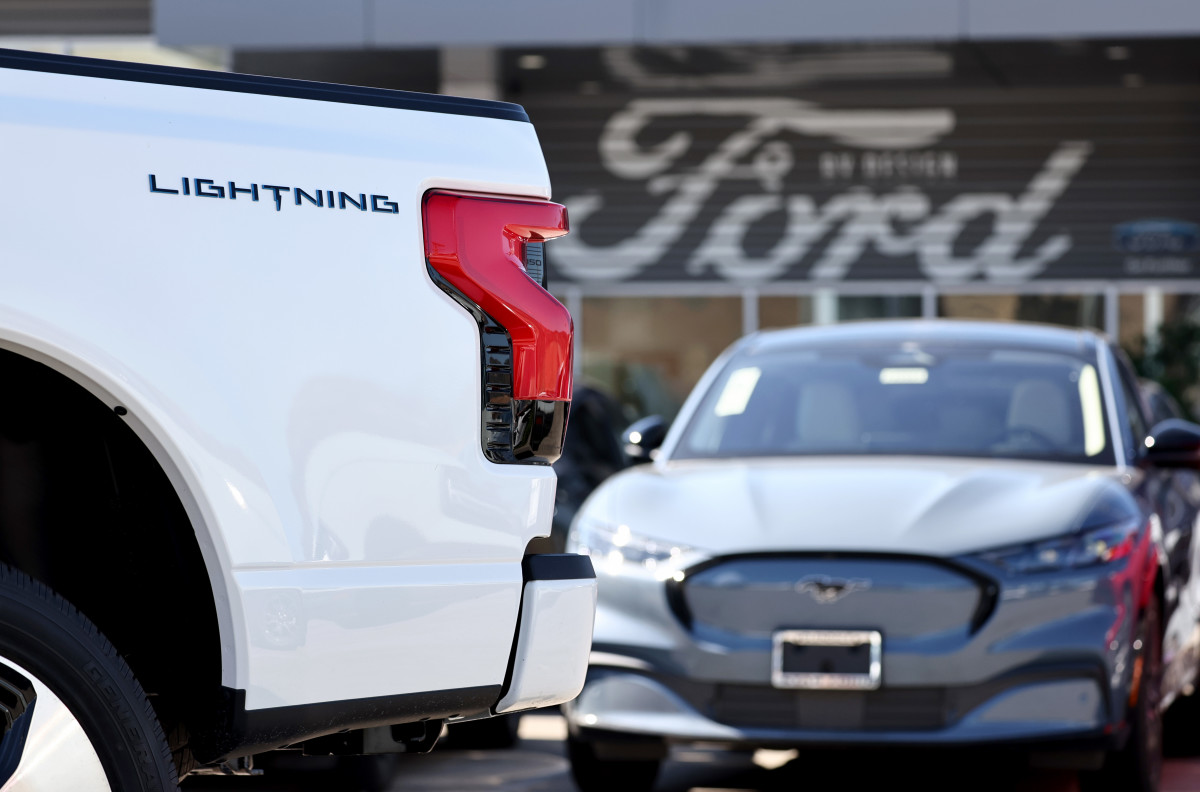
The rest of 2025 could prove far more challenging. Analysts warn that policy shifts, including the potential elimination of the $7,500 federal EV tax credit and rising tariffs on foreign-made vehicles and materials like aluminum, could dampen demand. A Republican-controlled Congress and possible rollback of Biden-era incentives make the outlook even murkier.
Still, there’s no doubt that EVs are off to a strong start in 2025. “Despite many obstacles — and what you may read elsewhere — electric-vehicle sales continue to grow at a healthy pace in the U.S. market," analysts at Cox Automotive wrote. For the time being, consumer appetite for EVs is still growing — just not always with the brands that got there first.









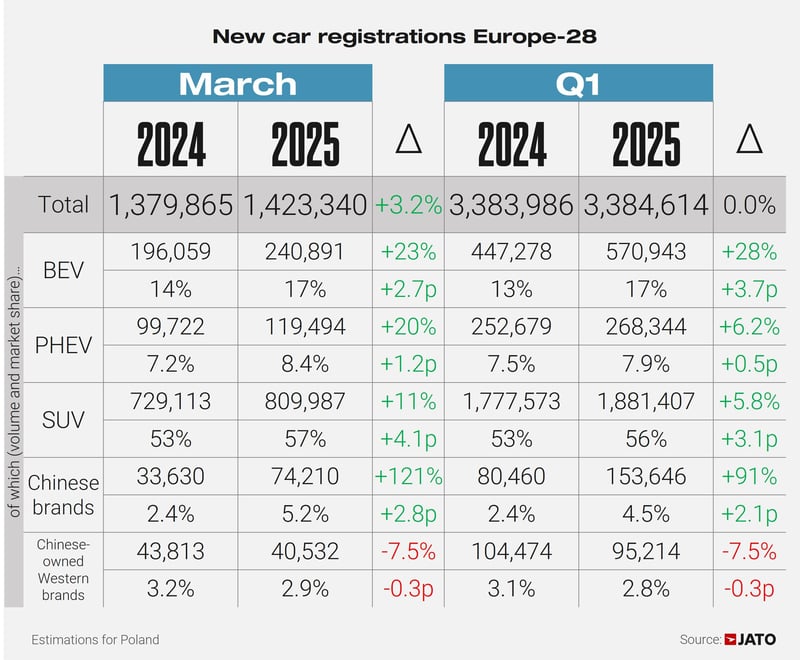





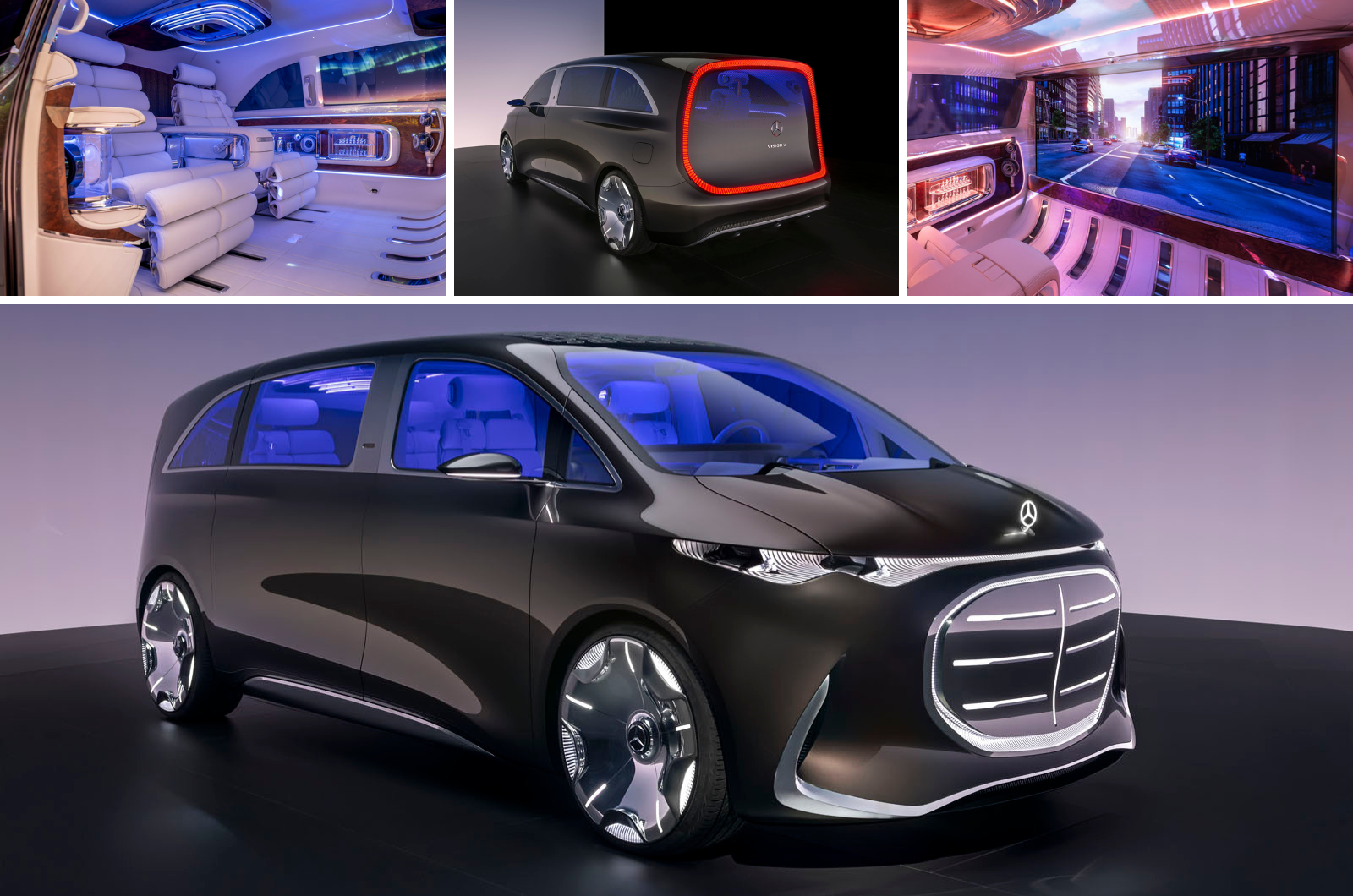















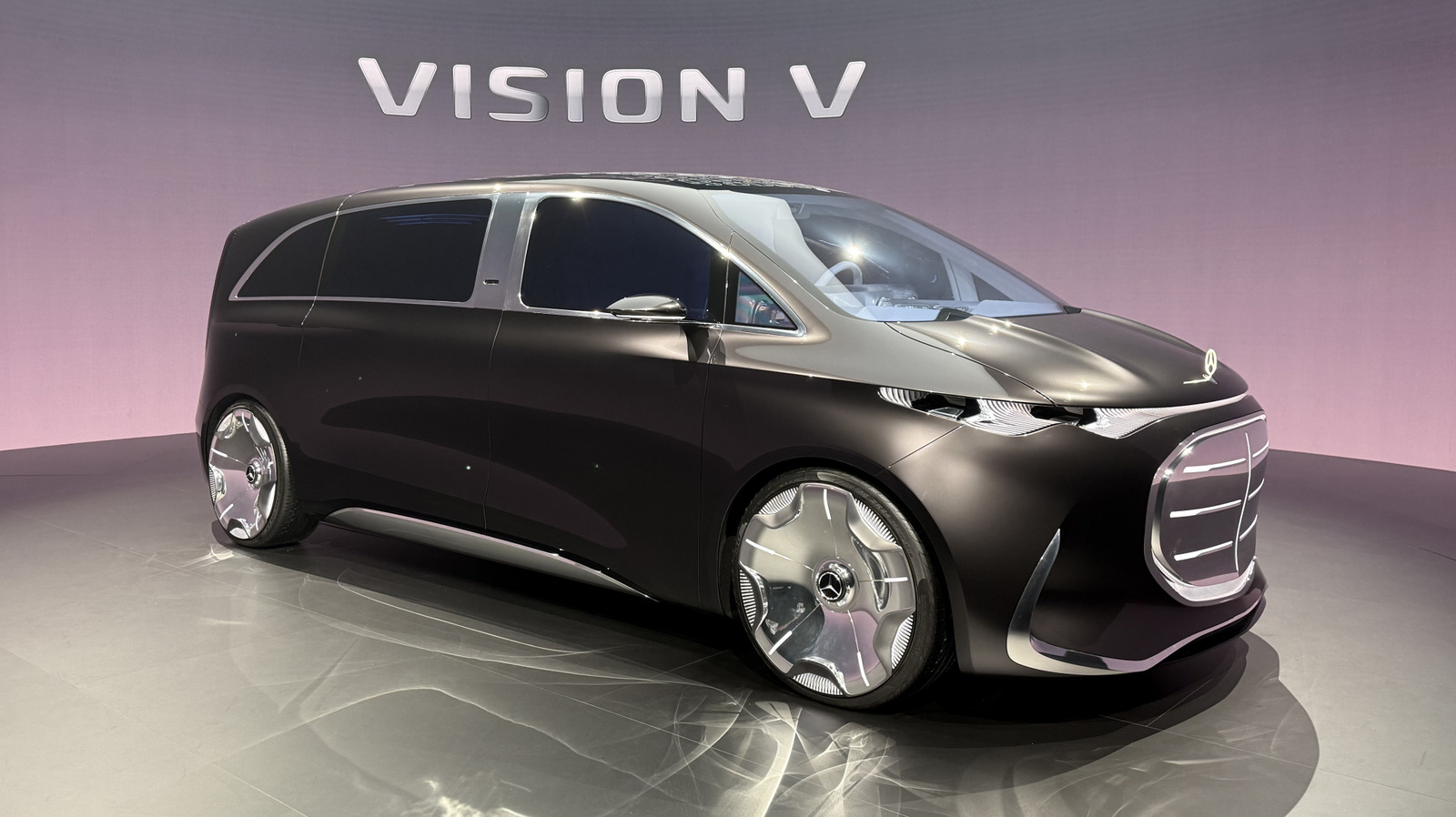
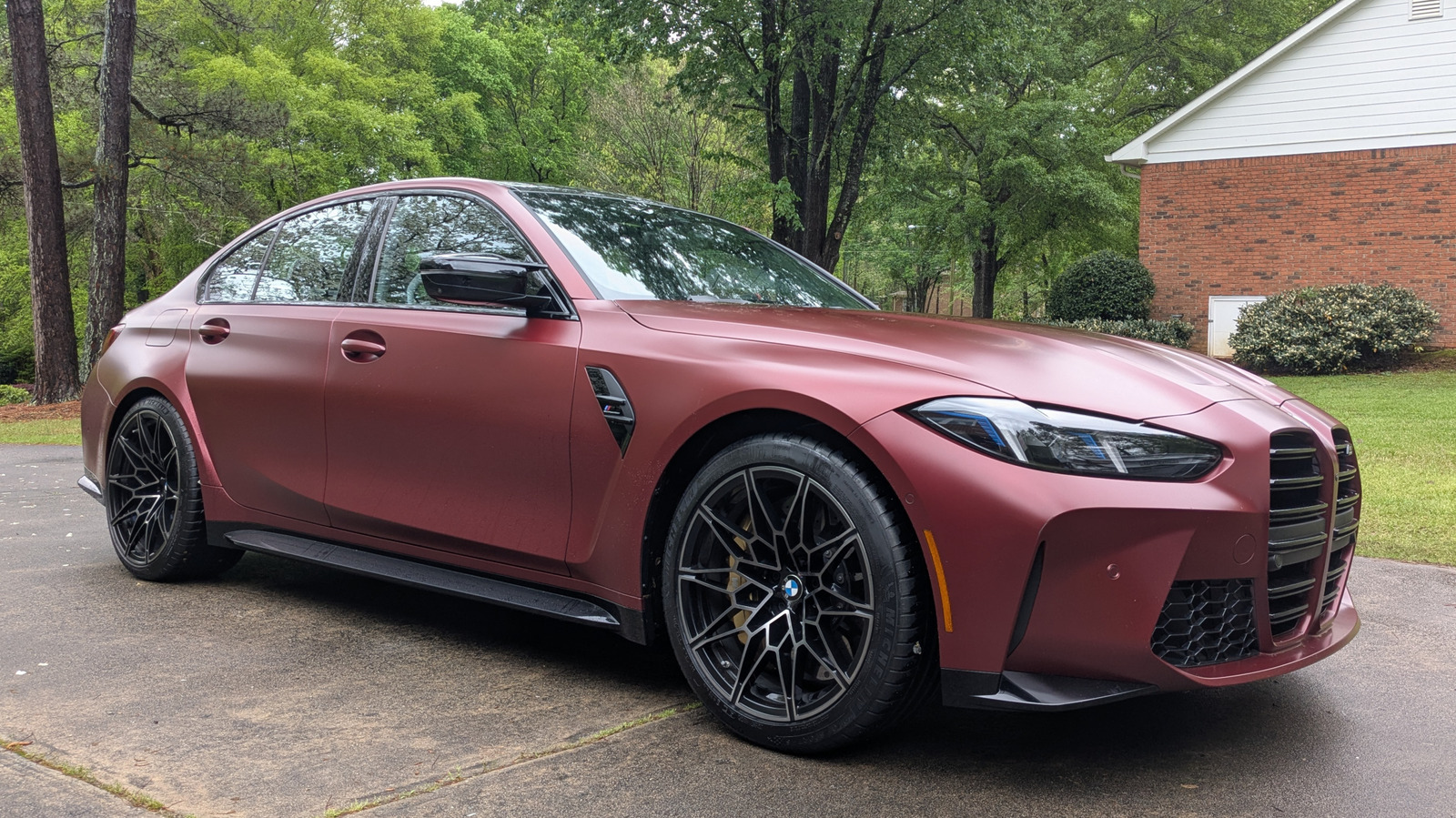
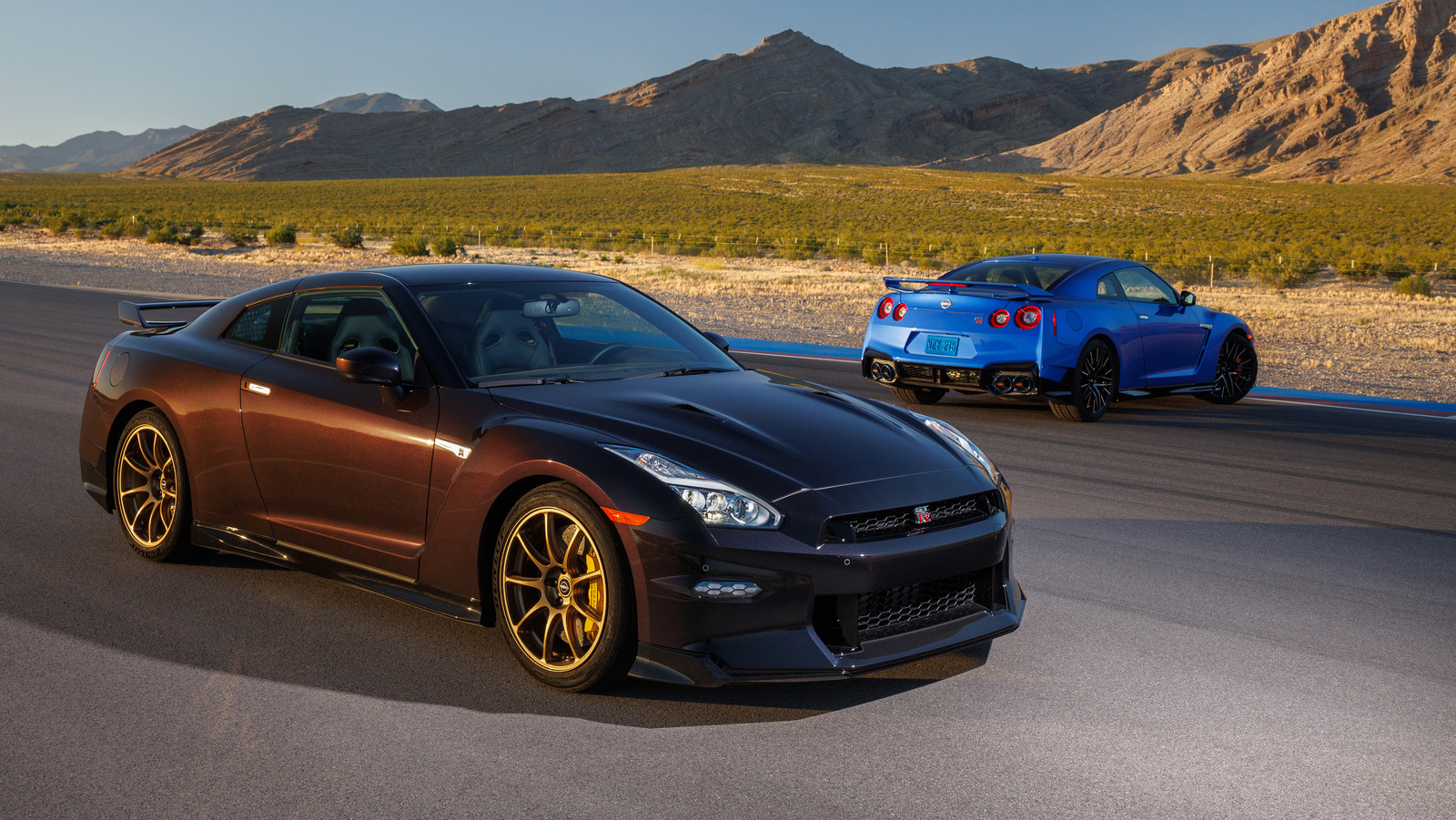






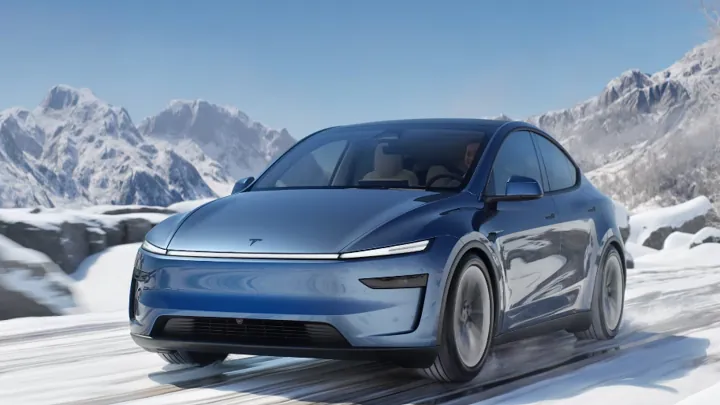




























































































































.jpg)
.jpg)
.jpg)









